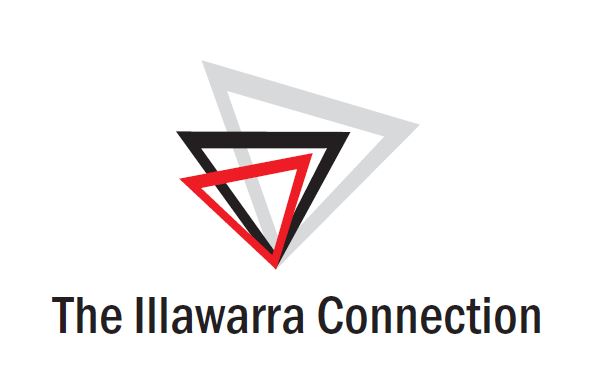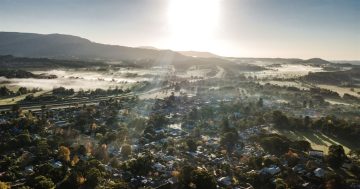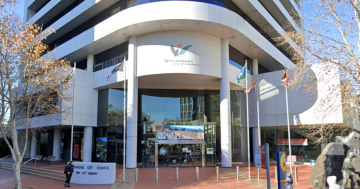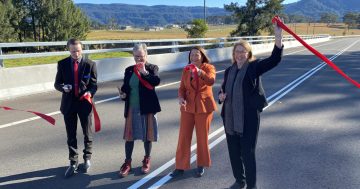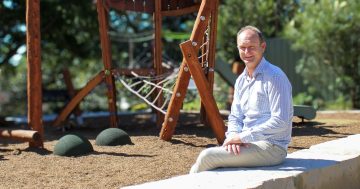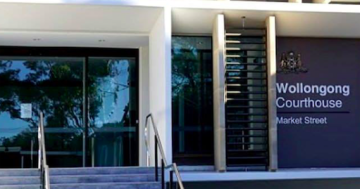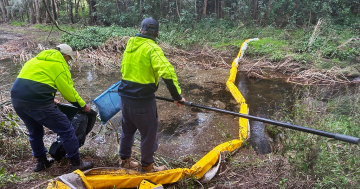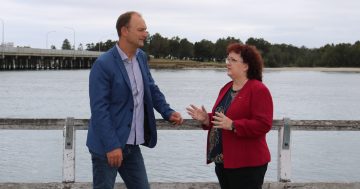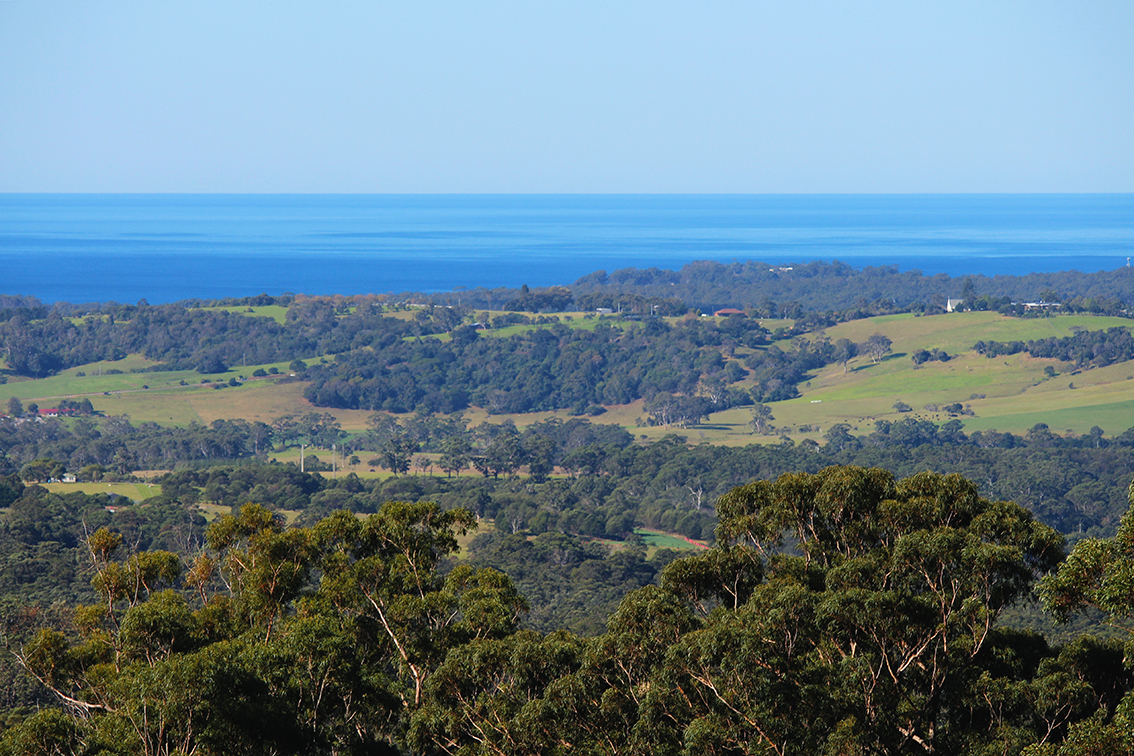
Shoalhaven City Council ratepayers can expect a rate increase of 4.5 per cent instead of the proposed 44 per cent. Photo: Katrina Condie.
Outraged Shoalhaven residents have claimed victory after a proposal to increase council rates by up to 44 per cent was thrown out on Tuesday night (30 January).
Shoalhaven City Council has scrapped plans to apply to the Independent Pricing and Regulatory Tribunal (IPART) for a Special Rate Variation (SRV) following a short, sharp community campaign opposing the hike.
The ‘no’ campaign, led by Councillors Patricia White, Allan Wells and Paul Ell, together with community members Denise Joy and David Sparks, saw a huge turnout at the council chambers on Monday night (29 January), and again last night (30 January) when, following heated debate, the council voted to scrap the proposal.
Instead of copping a rate rise of up to 44 per cent, Shoalhaven ratepayers can now expect a rate increase of 4.5 per cent, the base rate peg as approved by IPART for the 2024-25 financial year.
Denise said the decision was a “massive win for ratepayers” who have “had a gutful”.
“I really believe that when you can’t sleep at night and your guts is churning and you get up with a fire still burning, you have to act and give it a go … I did just that,” she said.
“But the true accolades belong with you, all the residents and people of the Shoalhaven, because without you standing beside me it wouldn’t have happened.”
She said a petition with more than 7300 signatures opposing the rate rise application indicated that “people were hurting”.
“When the community hurts, they turn to me. I am passionate about the residents and helping as a whole,” she said.
“When politics overruns the very people who they elect, it’s time to stand and remind them that it’s our money not theirs.”
The rate increase would have provided up to $350 million to stabilise the council’s infrastructure backlog and to undertake additional renewal and maintenance of roads and other community assets over the next 10 years.
According to council staff recommendation, the base pegged rate rise of 4.5 per cent “would not address the significant financial situation that exists” and council’s financial reserves would “soon be unsustainably drained, risks would escalate, and services would need to be cut”.
Acting CEO, Jane Lewis said council had experienced a growing gap between operating revenue and operating expenditure, “restricting its ability to provide the services and works necessary to support the community”.
Mayor Amanda Findley, who supported the increase, said an independent financial report was “very clear” that a rate rise and a number of other actions were needed to improve council’s financial position.
“Delaying a rate rise does not reduce the irritation people feel about a number of things from potholes to park maintenance – council staff are working as hard as they can on a minimal budget,” she said.
“I don’t need a crystal ball to predict that the council that will be elected in September 2024 will be faced immediately with the unsolved challenge and a rate rise will be quickly on the cards.”
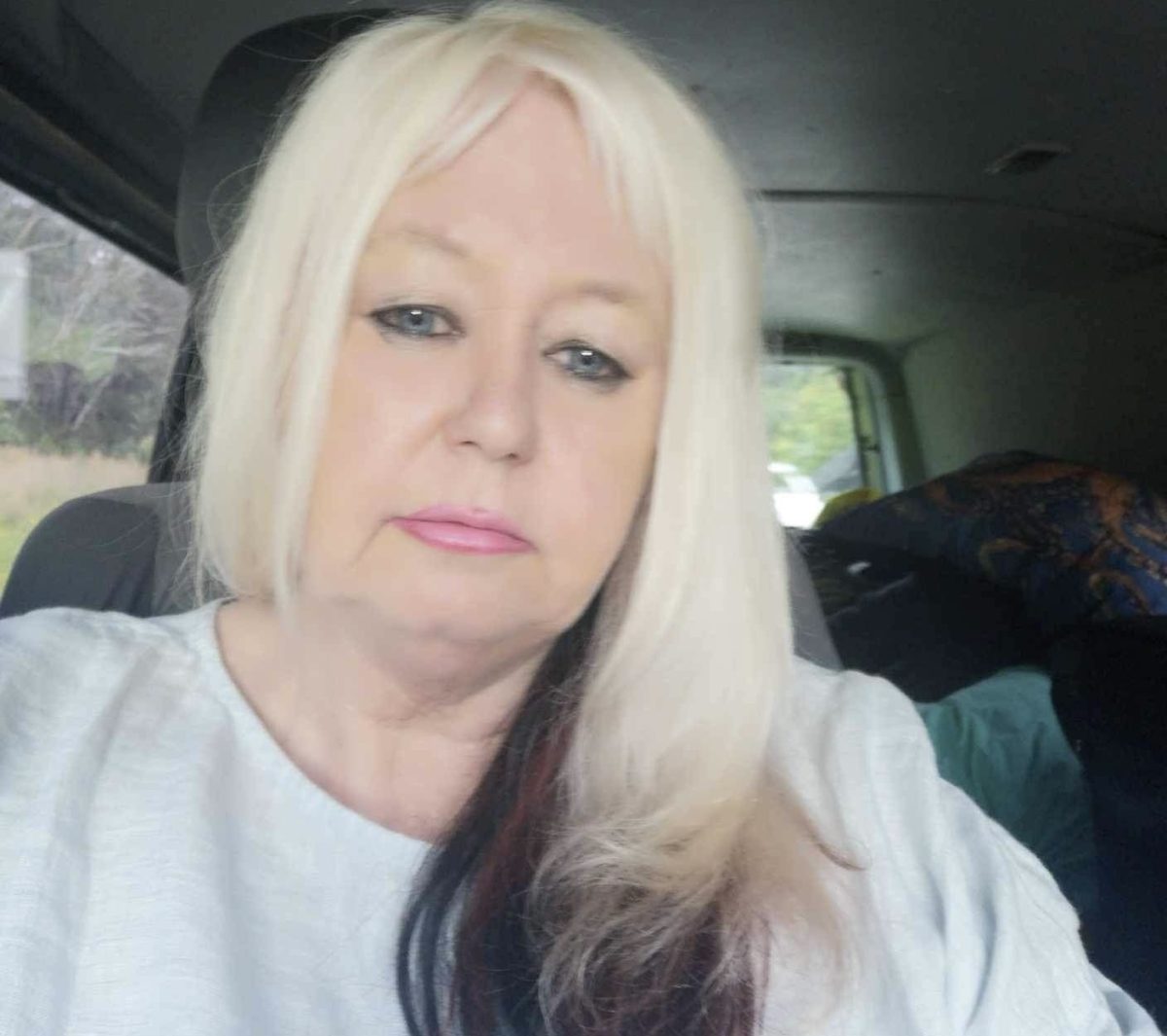
Denise Joy was the driving force behind the campaign. Photo: Supplied.
However, Cr White assured residents that “efficiencies will be put in place to get council back on track”, which would avoid the need for a “quick-fix solution by increasing rates”.
“Working with the community and financial professionals, Cr Wells and I have come up with 16 recommendations on savings and getting council’s own backyard in order,” she said.
Cr White said, since the rate rise was proposed, she had been approached by residents who said they and their children would be “put out on the streets”, while elderly residents said they would have to sacrifice hot showers and heating in winter in order to pay their rates.
“This is not about politics, it’s about being responsible to our residents by delivering the lowest possible rate variation and making the strategic and policy decisions to recover the council into a stronger position,” she said.
“A big thank you to the residents and communities for coming out and making council listen. This was a great win with people power.”
Cr Ell said, “Common sense has prevailed.”
“The community wanted council to get back to basics and look internally to find savings and efficiencies instead of slugging ratepayers with a monster rate hike in the middle of a cost-of-living crisis,” he said.
“We need to look at areas such as reducing duplication and limiting staff overheads through attrition. I look forward to working with council colleagues to get council’s finances back on track.”
Cr John Kotlash said council needed to “switch from building new things to maintaining old things” in order to cut spending, while Cr Gillian Boyd added council “needs to dig deep to find efficiencies and deliver the basic services well and not live beyond the means of its ratepayers”.
According to Cr Findley, the next 12-18 months would be “challenging for the community and council as (Tuesday night’s) resolution works through the recommendations from the independent review”.
Original Article published by Katrina Condie on About Regional.



